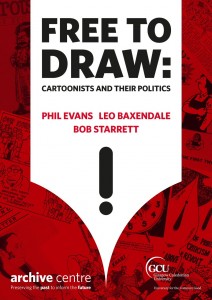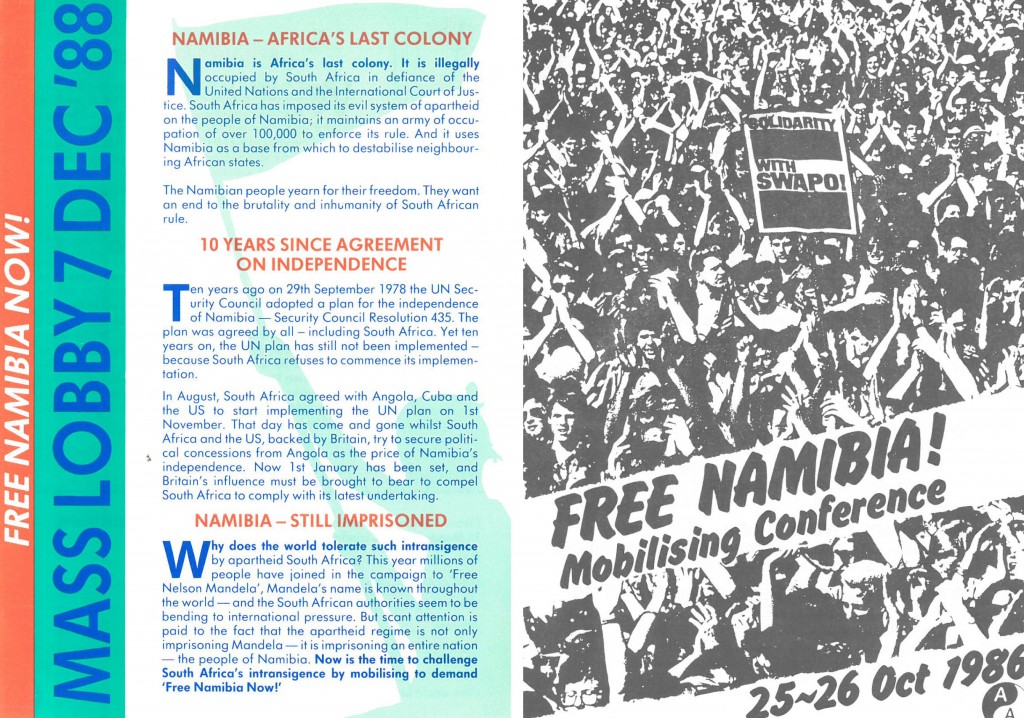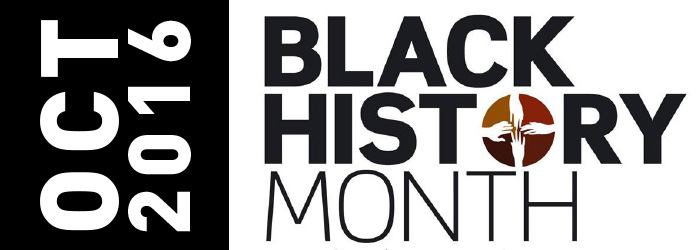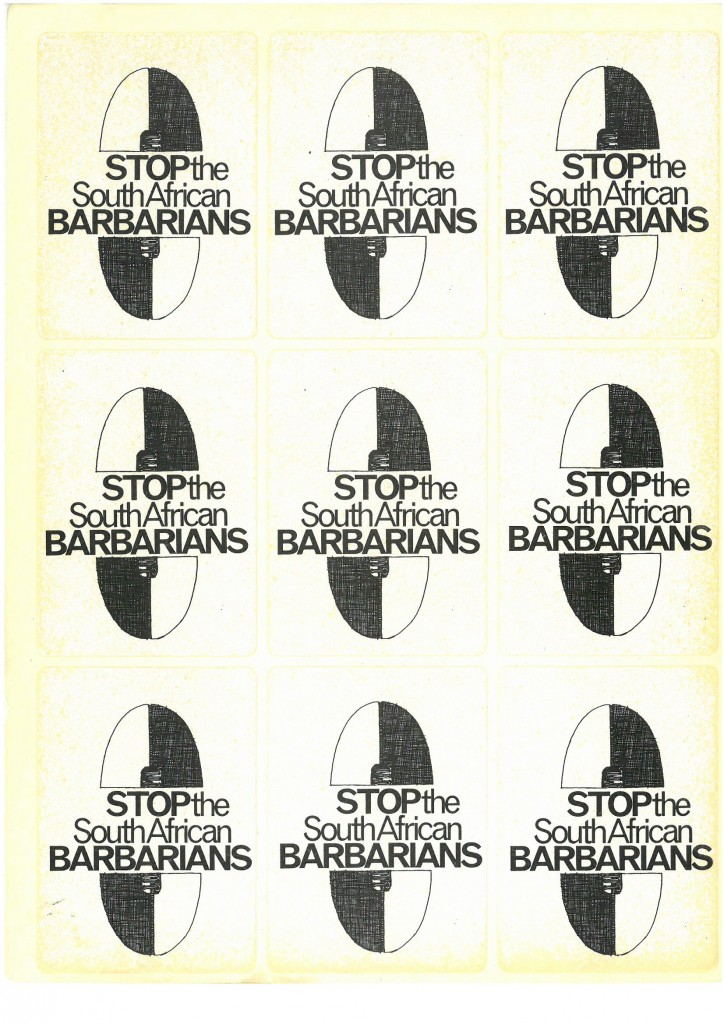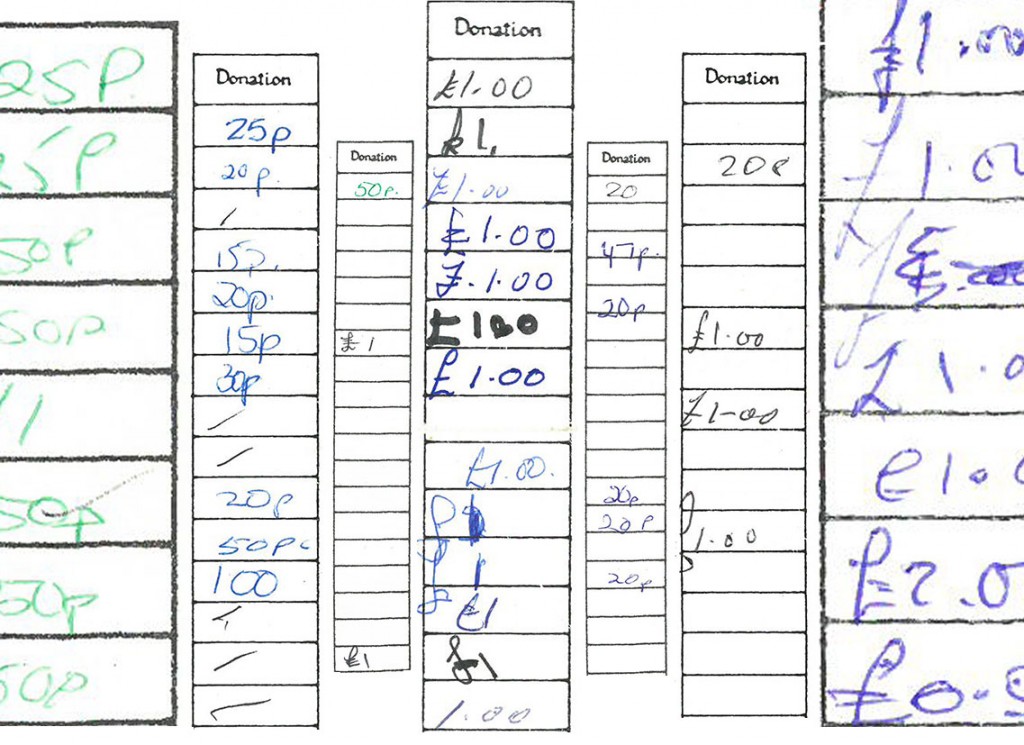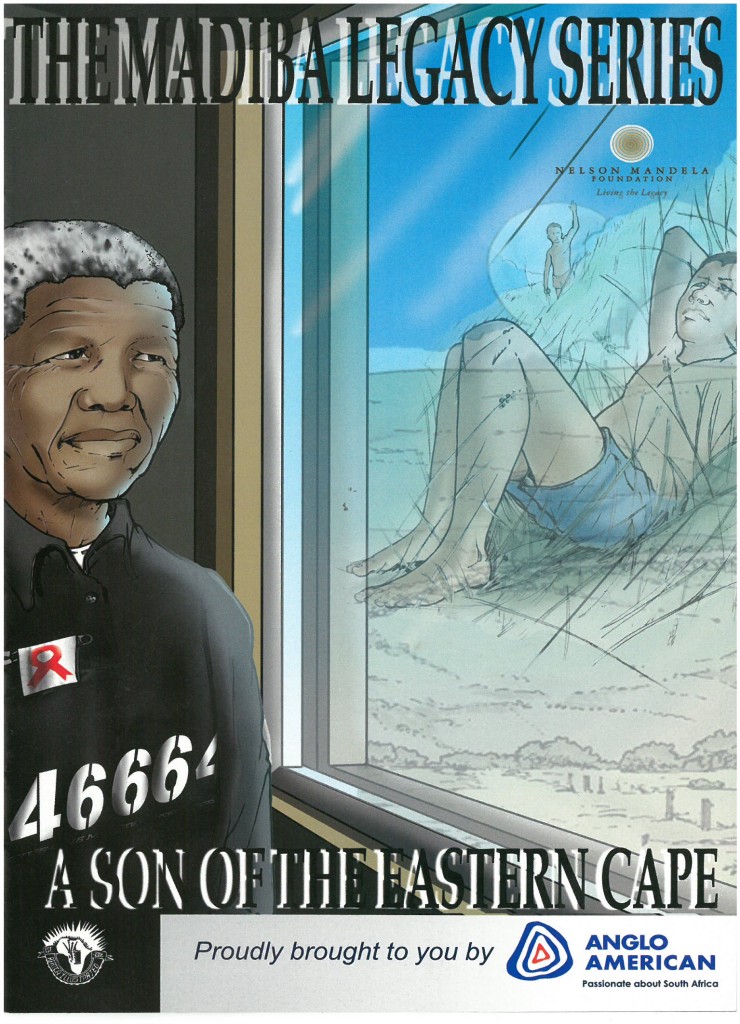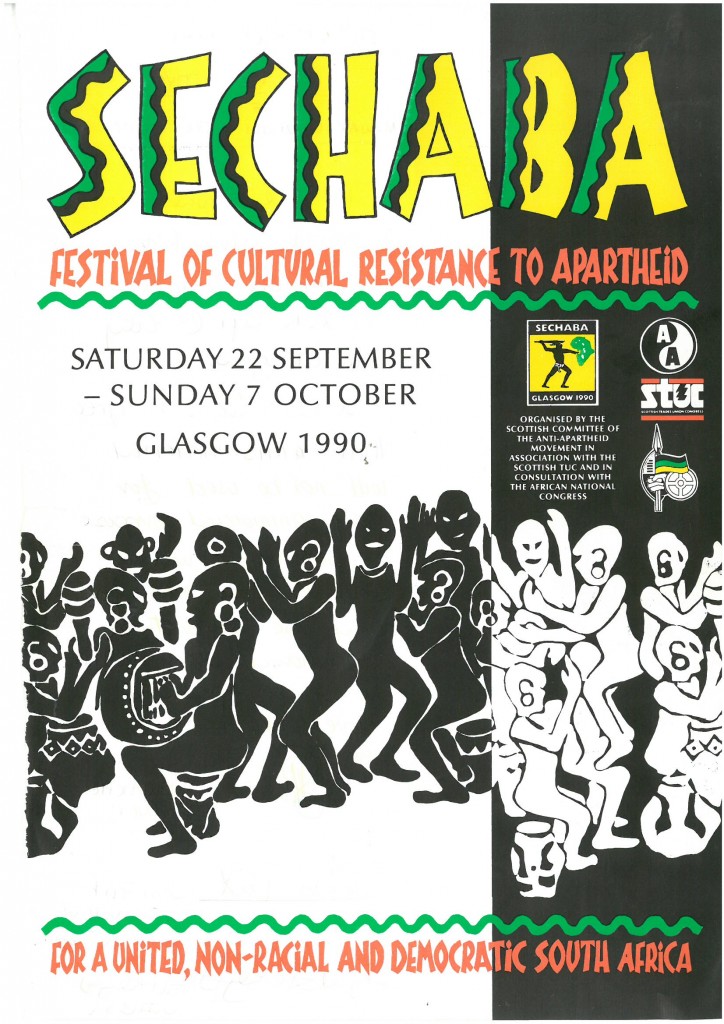A Wellcome Trust Research Resources Project
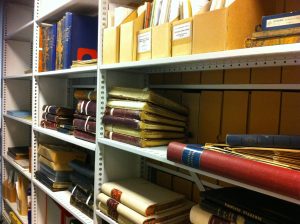 On first walking into the archive store and seeing the rows of shelves lined with fascinating objects, books, folders and boxes of different shapes and sizes, it is hard not to compare them with larder shelves, especially knowing that the archive collections are from cookery schools and a college of domestic science. Each shelf holds an assortment of coloured packages which when opened reveal the ingredients that provide the different flavours of life that went on within those institutions. These are the archives of three of Glasgow Caledonian University’s predecessor institutions and The Wellcome Trust has funded a 12 month project, “Poverty, Health, Diet and Education in Glasgow: from Domestic Science to the Allied Health Professions, 1875-1993”, to sort, catalogue, preserve and share the collections.
On first walking into the archive store and seeing the rows of shelves lined with fascinating objects, books, folders and boxes of different shapes and sizes, it is hard not to compare them with larder shelves, especially knowing that the archive collections are from cookery schools and a college of domestic science. Each shelf holds an assortment of coloured packages which when opened reveal the ingredients that provide the different flavours of life that went on within those institutions. These are the archives of three of Glasgow Caledonian University’s predecessor institutions and The Wellcome Trust has funded a 12 month project, “Poverty, Health, Diet and Education in Glasgow: from Domestic Science to the Allied Health Professions, 1875-1993”, to sort, catalogue, preserve and share the collections.
On the menu we have two starters, the Glasgow School of Cookery (1875) and the West End School of Cookery (1878), rival cookery schools Continue reading

